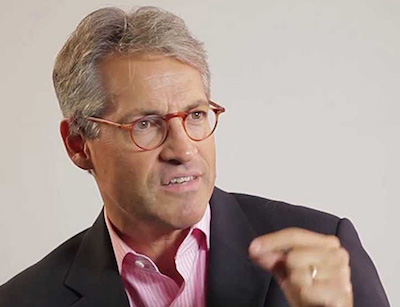Wall Street Journal Article Shows How Christians Can Positively Engage the Culture Around Them
 Author Eric Metaxas wrote an exceptionally popular article for the Wall Street Journal concerning God, faith, and science in 2014. Since its publication, the article has gained traction in both Christian and scientific circles, attracting both critics and advocates alike.
Author Eric Metaxas wrote an exceptionally popular article for the Wall Street Journal concerning God, faith, and science in 2014. Since its publication, the article has gained traction in both Christian and scientific circles, attracting both critics and advocates alike.
Metaxas supports the idea that scientific research increasingly points to the existence of a universal creator, drawing attention to recent findings that exemplify exactly how unlikely it is that a series of random events led to creation as we know it. He writes:
Today there are more than 200 known parameters necessary for a planet to support life—every single one of which must be perfectly met, or the whole thing falls apart. At what point is it fair to admit that science suggests that we cannot be the result of random forces?
Metaxas also notes that according to astrophysicists, the odds of the universe even coming into existence are the same as tossing a coin and having it come up heads 10 quintillion times.
The criticism directed at the article comes from many different corners, including some Christian ones. The more secular viewpoints make the expected claims, such as citing efficient natural selection as the root cause of life on earth. On the opposite side, there are Christians who argue that God’s existence cannot be proven through science.
Many of the Christian detractors seem to misconceive the author’s goal. In response to the objection that science cannot prove the existence of God, Metaxas stated in an interview with Fox Business that “[Science] doesn’t prove anything, but it’s tremendous evidence and we need to deal with the evidence.”
Some rumors have surfaced suggesting that the Wall Street Journal op-ed was the “most liked” ever to be published on their social pages, but this is unconfirmed. The WSJ was able to verify, however, that the article is “very popular,” if not the most popular. This demonstrates that there is still a lot of positive cultural engagement to be had with those around us.


